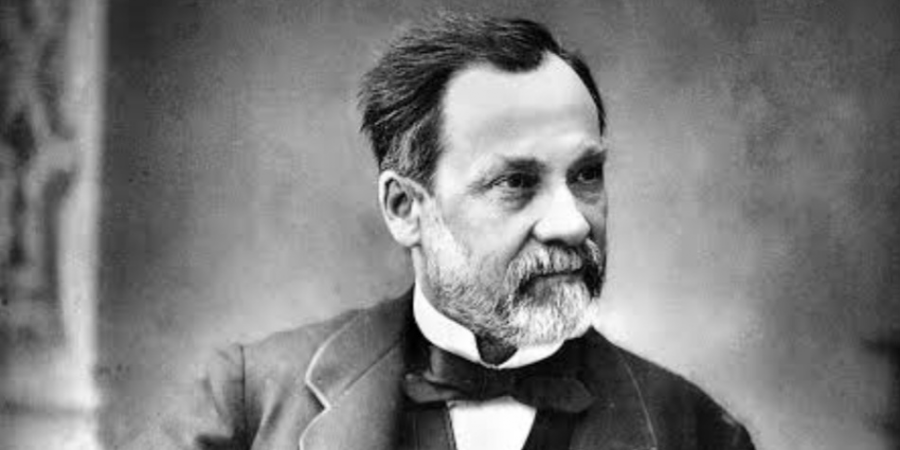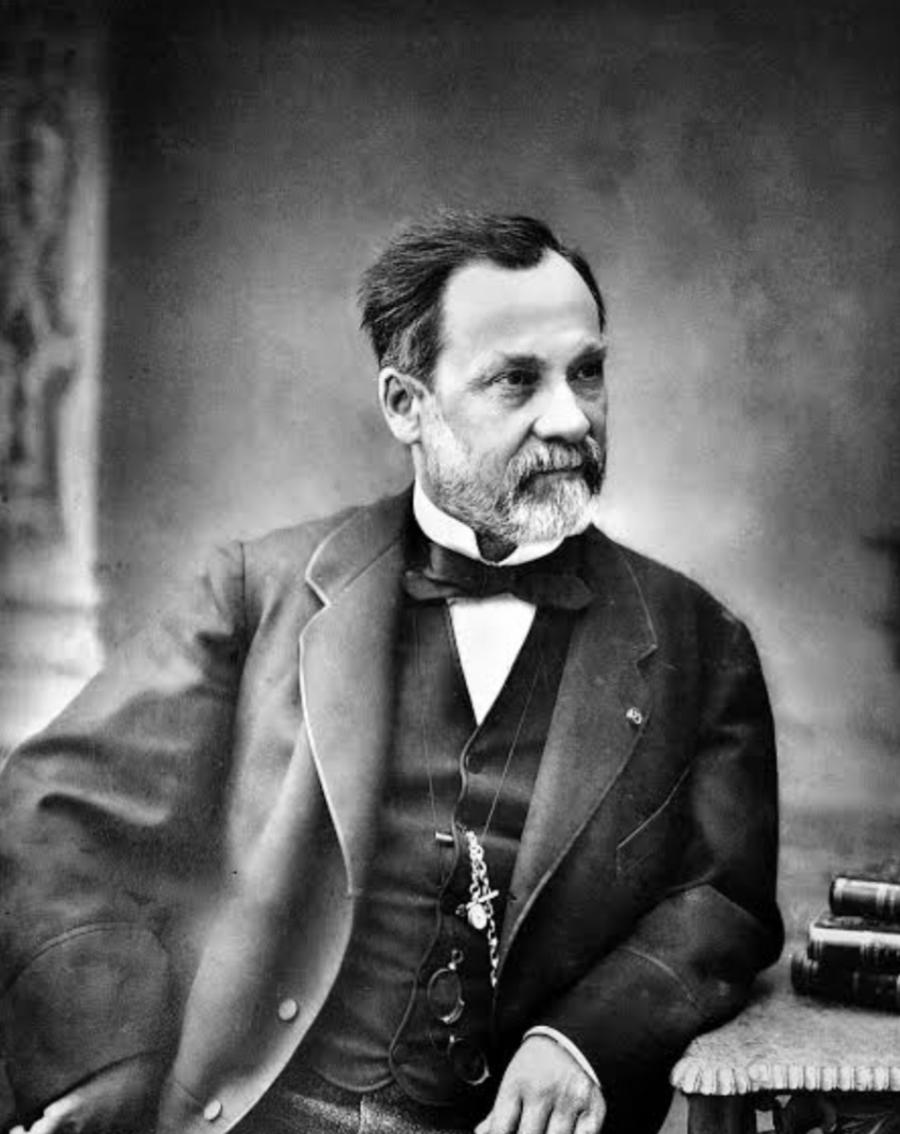

Louis Pasteur: Father of bacteriology and microbiology
Louis Pasteur started his life as a chemist. However, he later became well-known for his pasteurization and anti-rabies vaccinations. People were extremely superstitious about the diseases they contracted at the time. Pasteur was responsible for a revolution in disease treatment.
Louis Pasteur was born on December 27, 1822, in the village of Dole, France. His parents were Joseph and Ethia Neil. Louis's father, a soldier, wished for his son to become a teacher at the high school in the area. In 1849 Louis Pasteur wed Marie Laurent, the Strasbourg University rector's daughter. Studies on the distinct characteristics of the two acids that make up racemic acidid

Pasteur attended Abroi City for his elementary schooling. But because of family circumstances, he was unable to continue his education. He afterwards attended Paris's Ecole Normale School to study. He was unable to pursue his education there as well. He demonstrated weak academic thinking in both of these institutions. After coming back to Abroi City, he enrolled at Jobenson College, where he eventually earned his degree. During his college days, he came under the influence of a famous scientist Dumas through his speech. Duma's lecture inspired the young Pasteur to aspire to become a chemist himself. After his graduation, Louis procured his doctorate over his thesis. He had an opportunity to make studies of crystals of tartaric acid. Two types of crystal facets were soon found by him, some to the left and some to the right. Pasteur thought that these features are asymmetrical and that he could use asymmetric faces to create life.
Fermentation is a chemical cause to change certain materials from their original status. For instance, the fermentation of grapes yields wine, but the fermentation of acetic acid can also result in the production of vinegar. Similarly, when milk contains peptic acid instead of sugar, it becomes sour. Scientists were not fully aware of the conditions that lead to fermentation. After doing a thorough investigation, he came up with a "germ" theory about fermentation. This theory holds that all of the changes in the materials brought about by fermentation are the result of numerous types of microorganisms that are only visible under a microscope.
Pasteur had a strong sense of altruism and religion. He had a strong belief in God, who created all living things. His desire to "heal the sick" was a result of his understanding of the Gospels and his desire to advance humankind.
